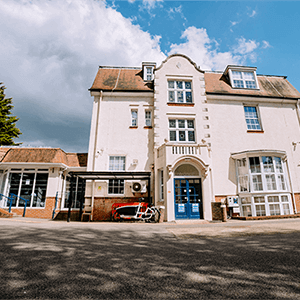Bowel cancer and colorectal cancer are the same things. They are general terms for cancer of your large bowel. Bowel cancer is one of the most commonly diagnosed types of cancer in the UK.
At Ramsay Health Care UK, we have the latest technology to investigate bowel/colorectal cancer symptoms and to diagnose bowel/colorectal cancer. Bowel cancer screening aims to detect and diagnose bowel cancer. The earlier bowel cancer is found, the easier to treat and the better chance of recovery. We use colonoscopy and blood tests, as well as imaging procedures such as abdominal, pelvic and chest CT scans to help stage your cancer.
Once we have your diagnostic results our team of experts discuss the best possible treatment for you, including any other possible therapies. Your surgeon or oncologist will explain the different treatments and their side effects and what you need to consider in your treatment decision. You will have the chance to ask all of your questions and we will answer them fully in plain English.
We understand the anxiety that bowel cancer symptoms can bring and the importance of early testing and diagnosis for a better treatment outcome. We offer convenient appointments for consultations, diagnostics and treatment, all without waiting.
Typically, surgery is recommended to remove bowel/colorectal cancer. Your colorectal/bowel surgeon will discuss with you their recommendation for the type of bowel cancer surgery. We use minimally invasive techniques whenever possible so you can recover quicker. Our bowel/colorectal surgeons are highly experienced and qualified in this field so you can rest assured that you are in safe hands.
We offer all-inclusive Total Care packages for access to all the treatment and aftercare you need to give you complete reassurance, as well as being recognised by all major medical insurers.
We have strict protocols in place to minimise your risk of infection, including Covid-19 so you can visit our hospitals safely.









